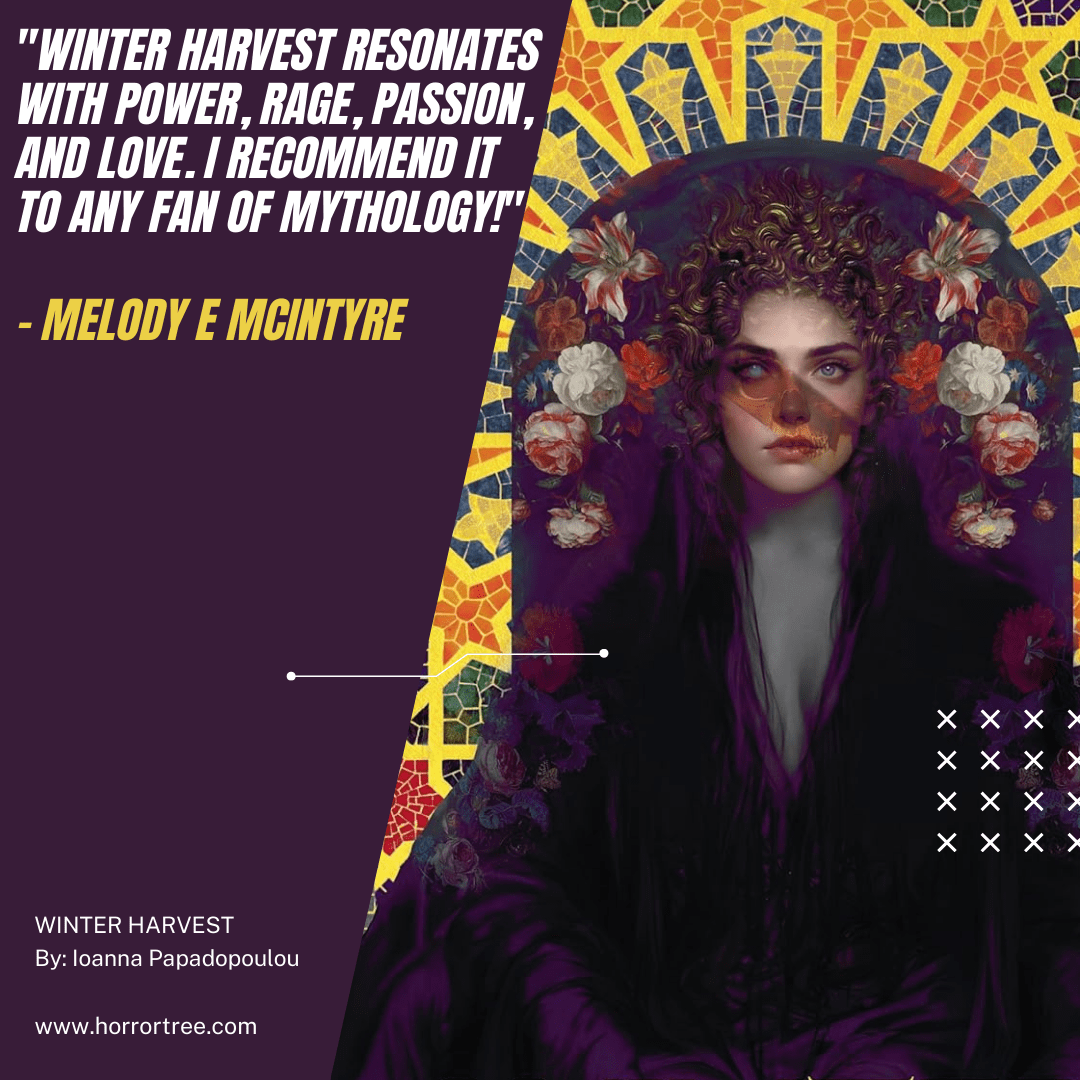What is a query letter?
 What is a query letter?
What is a query letter?
Article by Catherine Jordan
A query letter is a professional business letter. You have about 250 words to introduce yourself, your book, and why you are the one to write the book. That’s it. It’s one page, and it’s important to get it right. It’s not about you, it’s not a resume, and it’s not generic. I don’t advise stating this is a first book—why say what you haven’t done? Query letters focus on the future, on someone reading your novel when it’s published. Convince the agent/editor/publisher that you are the one to write it, and s/he is the one to publish it. And a novel is fiction—calling your work a “fictional novel” is redundant and ignorant.
As a starter, always use a salutation, but not a generic one. No, “Dear Agent”. Find a name, and gear your letter directly to that person. If you have a referral, use it. Let the agent/editor/publisher know you’ve researched him/her, looked at their website, read their blog, checked out submission guidelines and reviewed what s/he is looking for.
Query letters serve three purposes within three paragraphs. First, sell your idea through your premise line succinctly and enticingly to the agent/editor/publication. Second, offer your mini bio (under 100 words) to briefly tell who you are and what qualifies you to write this book. Third, express thanks and give contact information.
The first paragraph has no room for warm-ups; get right to the pitch. In one sentence give the title, genre, word length, and hook. Name the main character. Use your voice, and wear your marketing hat.
In the second paragraph, I’d say you have about 150 words to expand on that first sentence. This is where your premise goes. Give more information about your main character, the main character’s quest and initial conflict, and the stakes—why should the reader care what happens to the character? Read the back jackets of your favorite novels and emulate how it is described in a single, juicy paragraph.
Use the third paragraph for your mini bio. Thank them for their time, and include a simple ending salutation (regards, best, sincerely). Be sure to add all contact information.
Tight editing is the key to fitting this all on one page. Have a pair of “fresh eyes” proofread for typos and grammar mistakes. Your goal is to sell your work, to have an agent say, “Yes, I want to read the rest of this!” Now is not the time to get creative; don’t stray from the three-paragraph format.
Write a query letter for: article proposals, novels, nonfiction books/the proposal, children’s books, scripts, anthologies, and books of poetry. Do not send multiple queries. Most agents/editors will provide you with a timeframe. If that deadline passes, wait a few days before following up.
- About the Author
- Latest Posts
Catherine Jordan is the new review coordinator for Horrortree.com. She’s a horror movie fan and a horror novelist, although she edits and writes in many genres. Ms. Jordan has been featured in a variety of anthologies, on-line publications, and print magazines. It was her pleasure to serve as judge for the Bram Stoker Award and for the ITW Young Adult Award. Catherine also facilitates writing courses and critique groups. She credits her five children with inspiring her writing material.
You can follow Jordan’s work at her homepage and Amazon.













